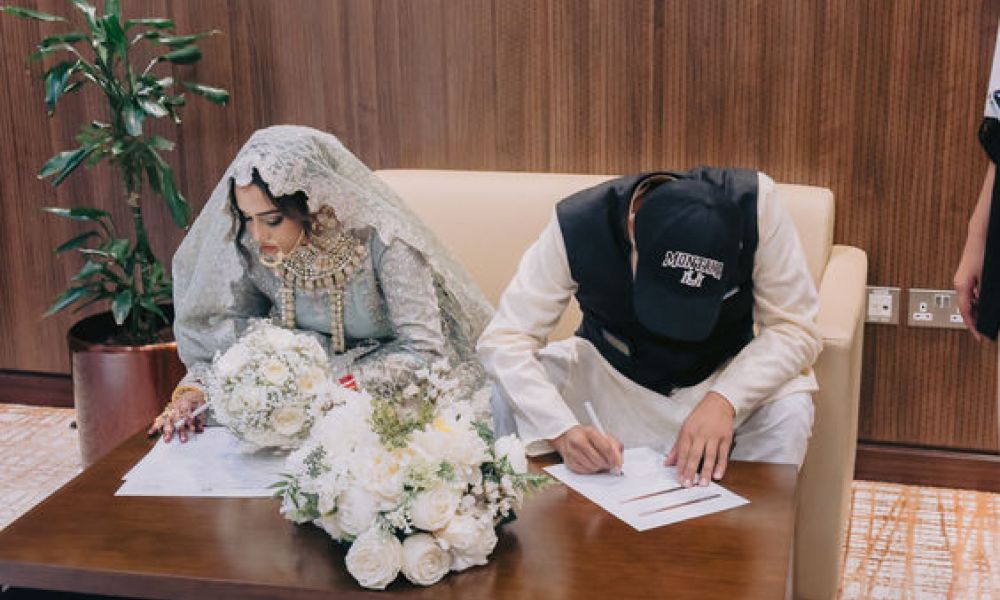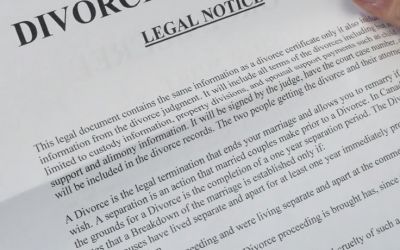
Everything You Need to Know About Civil Marriage Dubai for Foreigners
Table of Contents ▼
Discover how easy it is to obtain a civil marriage dubai certificate and secure legal recognition of your union.
Civil marriage Dubai for foreigners is a simple and effective way to ensure your marriage is both legally binding and respected across the globe.
This article will guide you through the process, requirements, and benefits of getting married in Dubai, comparing the process with other locations like Abu Dhabi and Georgia, while addressing key points about muslim and christian marriage in dubai.
Civil Marriage For Muslims in Dubai

In Dubai, the process for civil marriage dubai has been streamlined to cater to both residents and foreign nationals. Unlike traditional religious Muslim marriage procedures, civil marriage Dubai for foreigners offers a secular approach, making it ideal for those who wish to marry without religious complications.
In Dubai, you can get married regardless of your religion, as long as both partners meet the eligibility criteria set out by the authorities. This option is increasingly popular among Christian Muslim weddings in United Arab Emirates, allowing couples from different faiths to marry legally.
Civil Marriage Eligibility in Dubai
Federal Law No. (41) of 2022 on Civil Personal Status regulates marriage and family matters. According to Article 5, the conditions for a civil marriage include:
- Both parties must be at least 21 years old.
- The couple must not have any familial relationship.
- In Dubai, at least one party needs to be a resident.
- Each person must give clear consent to the marriage.
- Proof of single status must be provided by both individuals.
- A disclosure form must be signed by the couple
Once these requirements are met, the civil marriage dubai guide helps navigate the rest of the process easily, ensuring that couples are legally married under the UAE’s civil law.
If you’re an expat looking to get married in Abu Dhabi, the guide on Easy Wedding provides essential notes for a smooth marriage process.
What Are the Requirements for a Muslim Civil Court Marriage?
When applying for a civil marriage Dubai for foreigners, the following documents are typically required:
- Valid passports for both parties.
- Proof of single status (such as a divorce certificate or a widow/widower’s certificate, if applicable).
- Residency proof (for UAE residents).
- Health screening certificate (depending on the requirements at the time).
Unlike Sharia law, which governs Islamic marriages, civil marriage Dubai is secular and does not require religious approval. This makes the process simpler for those who do not wish to marry under religious guidelines.
In some situations, couples may wonder if it’s possible to have a court marriage without a witness. Easy Wedding offers a detailed explanation about this option and the necessary steps.
A Comparison of Civil and Shariah Marriages in Abu Dhabi
| Aspect | Civil Marriage | Shariah Marriage |
| Legal Framework | Governed by Federal Law No. (41) of 2022 on Civil Personal Status. | Governed by Islamic Sharia law. |
| Guardian (Wali) Approval | Not needed | Required for the bride. |
| Medical Test | Not required | Required for both individuals. |
| Interreligious Marriage | Permitted with conditions | Generally restricted; typically same religion. |
| Marriage Registration | Registered with Dubai Courts or other authorities. | Registered with Islamic courts. |
| Application Process | Requires form submission to the Authentication Judge. | Involves traditional religious practices. |
| Non-Residents Marriage | Permitted with certain conditions | Often restricted; may require residency. |
| Documentation Required | Includes ID, proof of residence, and previous marriage certificates. | Includes ID, proof of residence, and religious documents. |
| Marriage Contract Language | Available in both Arabic and English | Typically in Arabic. |
| Legal Rights and Responsibilities | Defined by UAE civil law, providing legal rights and protections. | Defined by Islamic law, with specific duties and rights. |
Why Choose Muslim Civil Marriage Dubai for Foreigners?
Civil marriage dubai provides several benefits, particularly for foreign nationals or those looking for an alternative to Shariah marriage. A civil marriage ensures international legal recognition, which is crucial for visa applications, property rights, and family matters, especially for mixed-faith couples.
In comparison to Shariah marriage in Dubai or Abu Dhabi, civil marriage offers more straightforward paperwork and is recognized by secular legal systems globally, making it easier for couples from various backgrounds to live and work in the UAE.
Steps for Combining Muslim Civil Marriage
To combine a Nikkah with a civil marriage certificate in the UAE, follow these steps.
Step 1: Initial Consultation
Consult with a wedding planner or legal expert who specializes in civil marriage in UAE to understand the exact requirements for your civil marriage in Dubai.
Step 2: Document Preparation
Ensure you have all the necessary documents, including passports, proof of single status, and residency proof (if applicable). These will be submitted to the court for approval.
Step 3: Legal Formalities Completion
Submit the required documents and complete the marriage application process. This may involve attending an appointment with the court or legal authorities to finalize your marriage registration.
Step 4
Attend the court on your scheduled date to complete the civil marriage and receive your marriage certificate.
Nikah vs. Civil Registration Differences
While Nikah is conducted under Sharia law and typically requires a religious officiant, civil marriage in Dubai follows secular procedures. Both are valid, but civil marriage provides more flexibility, especially for interfaith marriages.
To understand the process of marriage in Abu Dhabi and debunk common online wedding myths, visit Easy Wedding for expert advice and insights.
Streamline Your Abu Dhabi Marriage Now!

Looking to make your civil marriage in Dubai process as easy as possible? Easy Wedding offers tailored solutions for foreign couples, ensuring that your marriage registration goes smoothly from start to finish.
Whether you are considering a civil marriage or a Shariah marriage, we can help streamline your wedding day in the United Arab Emirates.
Contact us today to explore how we can help you plan your legal wedding in Dubai or Abu Dhabi.
FAQs
Can a Muslim marry a non-Muslim in the UAE?
Yes, Muslim men in the UAE are allowed to marry women from other Abrahamic faiths, such as Christianity or Judaism. However, Muslim women traditionally cannot marry non-Muslim men unless the man converts to Islam. Recently, new legal changes have provided an option for Muslim women to marry non-Muslim men through civil court procedures, offering a non-religious alternative.
Do you need to be a resident of the UAE to get married?
No, residency is not required to get married in the UAE. Tourists can also marry there by completing a marriage application and submitting relevant documents, including their passport and proof of current status. These documents undergo review and approval before the marriage is formalized.
Is civil marriage the same as Nikah?
No, civil marriage and Nikah are different. Nikah is a religious marriage conducted according to Islamic law, recognized in Islamic countries like the UAE. In contrast, civil marriage is overseen by the government and follows secular procedures, making it suitable for couples who prefer a non-religious or alternative option.



